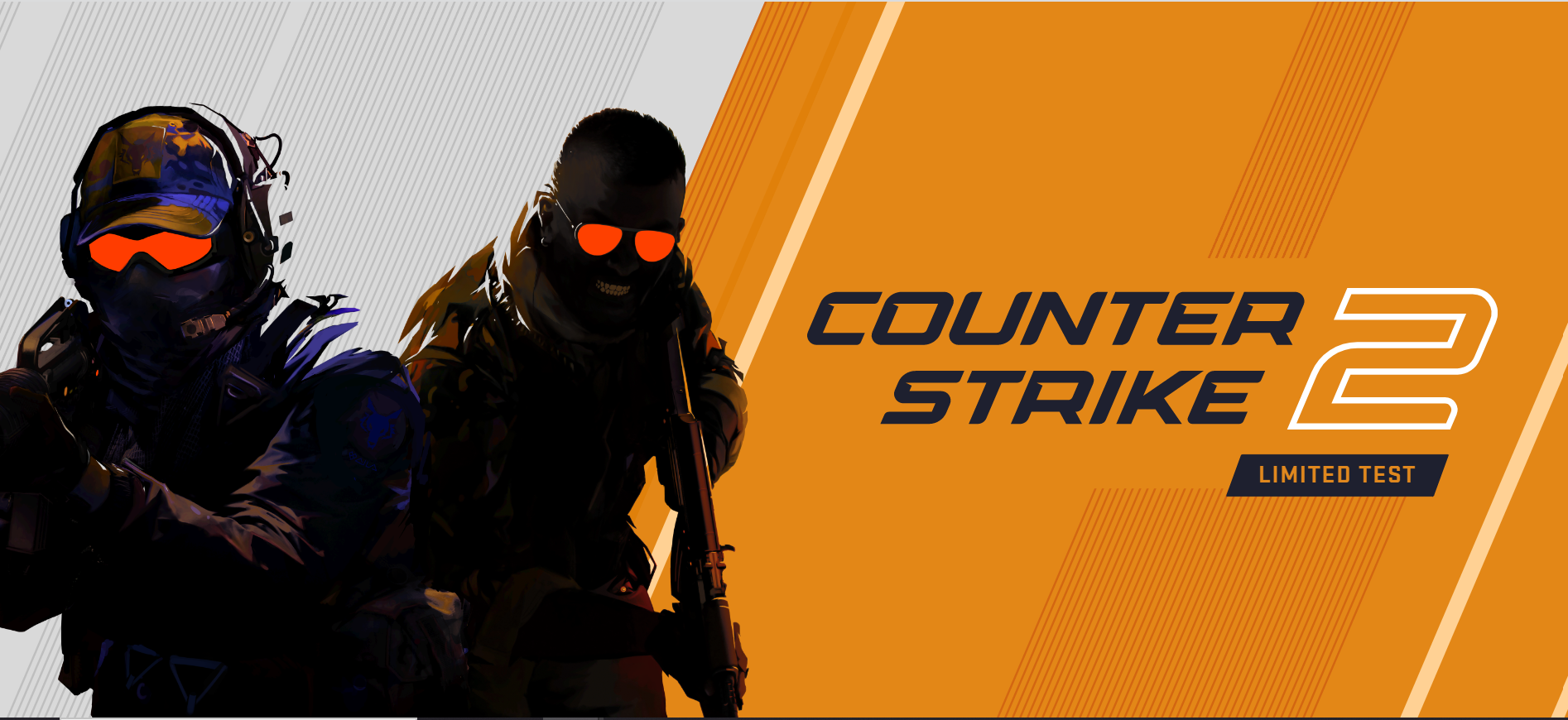
Counter-Strike: Global Offensive (CS:GO), the wildly successful first-person shooter produced by video game developer Valve, was released in August 2012 and has been an esports mainstay ever since.
Despite its ongoing success, with the game still continuously breaking records for concurrent users 11 years after its release, the recently announced Counter-Strike 2 (CS2) follow-up will begin replacing CS:GO at esports majors in March 2024. The PGL CS2 Major Copenhagen 2024 will be the first to make the switch, with others expected to follow suit.

Discover B2B Marketing That Performs
Combine business intelligence and editorial excellence to reach engaged professionals across 36 leading media platforms.
CS:GO is a PC-based multiplayer game in which players join one of two teams, Terrorists or Counter-Terrorists, fighting in round-based matches. Players earn in-game currency to buy weapons and equipment, helping to achieve objectives and win each round.
It is also a huge esports title, with annual CS:GO tournament prize money estimated to be upwards of $20 million and concurrent viewership routinely in the hundreds of thousands, often peaking above a million.
So, it came as a surprise to many in March when Valve announced CS2, claiming “the next era of Counter-Strike begins this summer” with the “largest technical leap forward in Counter-Strike’s history.”
A limited test version of the game is already live and has been sent to select users, with the full game being released as a free upgrade to CS:GO this year.

US Tariffs are shifting - will you react or anticipate?
Don’t let policy changes catch you off guard. Stay proactive with real-time data and expert analysis.
By GlobalDataValve claims improvements have been made to the game's mechanics, graphics, and performance, whilst maintaining familiar gameplay, all through the new Source 2 game engine.
Many see the launch of CS2 as having the potential to significantly contribute to the continued growth and success of esports globally.
Speaking to GlobalData Sport, Vlad Ispas, social media coordinator of PGL Esports, the company that will hold the first CS2 Major, outlines the significance of CS:GO in esports, and what changes CS2 may bring about to the scene.
What is the historical significance of CS:GO in esports?
CS:GO is historically important in the esports industry. Since its release in August 2012, it has become one of the world's most played and viewed esports games, with a massive player base and professional scene.
It has been instrumental in esports' growth and mainstream recognition. It is one of the longest-standing and most successful esports titles, with a dedicated fanbase that has remained loyal to the game over the years. Its competitive scene has been instrumental in shaping the modern esports industry, with the game serving as a benchmark for other games to aspire to.
CS:GO's historical significance in esports can be attributed to its longevity, accessibility, balanced gameplay, and contribution to the development of esports broadcasting. Its impact on the industry is undeniable, and its continued success will undoubtedly shape the future of esports.
Where does CS:GO currently sit in the esports ecosystem?
CS:GO is one of the most popular esports titles in the world, along with Dota 2.
It has a solid competitive scene with numerous professional leagues and tournaments. The game has a dedicated player base, with millions competing in ranked and unranked matches.
CS:GO's competitive scene is also one of the most-watched esports on streaming platforms, and every major tournament keeps millions of people stuck to the screens when the big games are live.
What can we expect from CS2?
CS:GO fans have been very excited at the prospect of having their beloved game reworked on the Source 2 engine. There is no surprise that Counter-Strike continues, and, lately, the game is more popular than ever.
Counter-Strike 2 is an exciting blend of the game that everyone plays and loves (CS:GO) and a lot of new possibilities that the new engine grants. It's CS:GO at another level, a better version of Global Offensive. The community highly appreciates Valve's job, and the final product should be very spectacular and can be considered a rebirth of this incredible franchise.
How is CS2 likely to change competitive esports competition compared to CS:GO?
CS:GO is very comfortable when we talk about popularity and the competitive esports scene. We don't think that it is the right thing to compare CS:GO with CS2 because CS2 will be a better version of CS:GO with many new elements, such as improved graphics, new mechanics, and better performance. This new version can be the start of a new perspective in the Counter-Strike future and also in the competitive esports scene.
However, this industry is an emerging one, and a lot of things can change in a short period. But one thing is sure: Counter-Strike was, is, and will be one of the pillars of this domain, so this game will keep shaping this universe.
What impact could the launch of CS2 have on the wider esports ecosystem?
The launch of Counter-Strike 2 will significantly impact the wider esports ecosystem.
Firstly, it could lead to a shift in the popularity of the Counter-Strike franchise, which means an even larger player and viewer base, and this could impact the ecosystem as a whole.
Additionally, a new version of the game could attract new players and fans to the CS:GO franchise, leading to an increase in the overall size of the community. This could lead to more investment and sponsorship opportunities for teams, players, events, and tournament organizers, further boosting the ecosystem.



